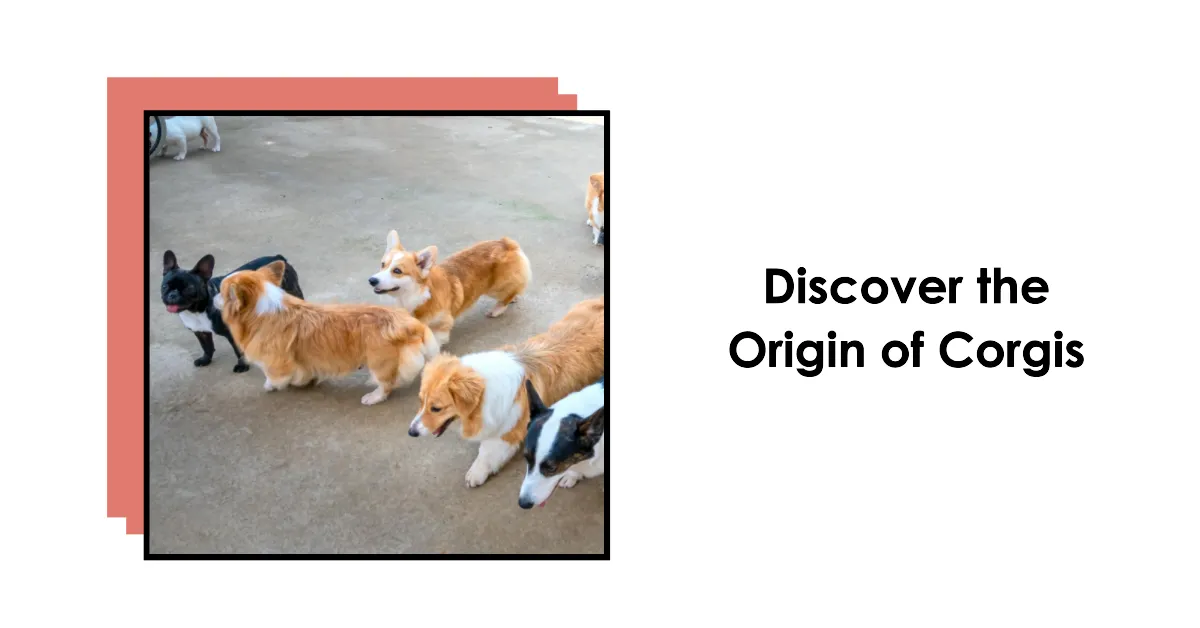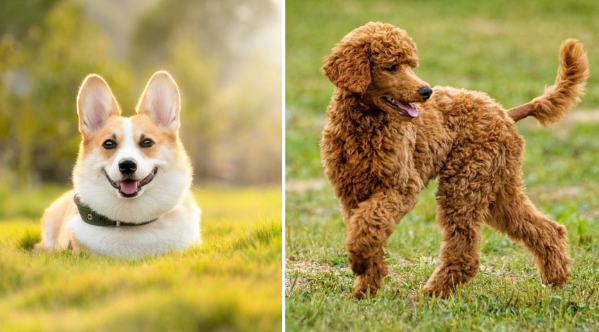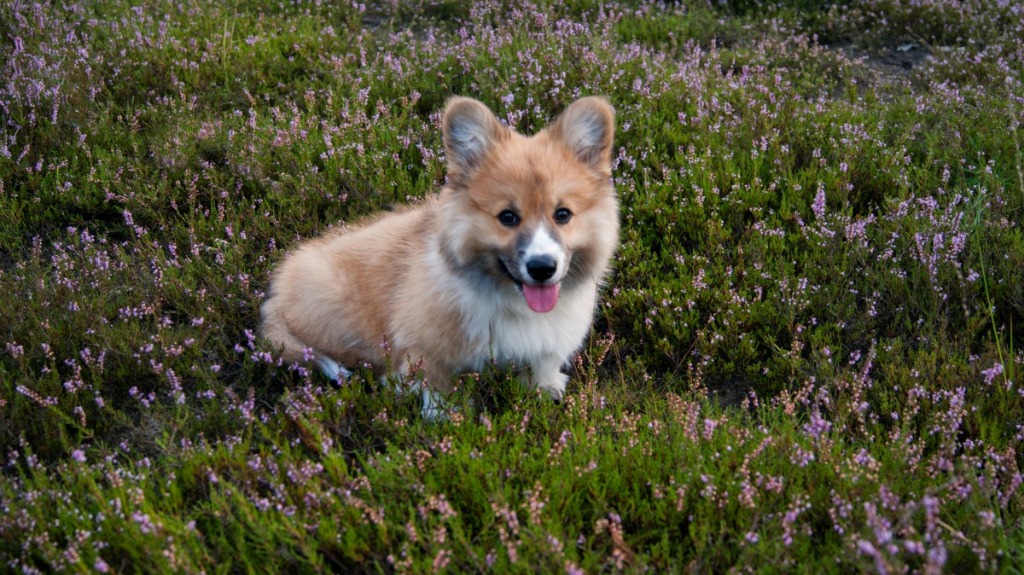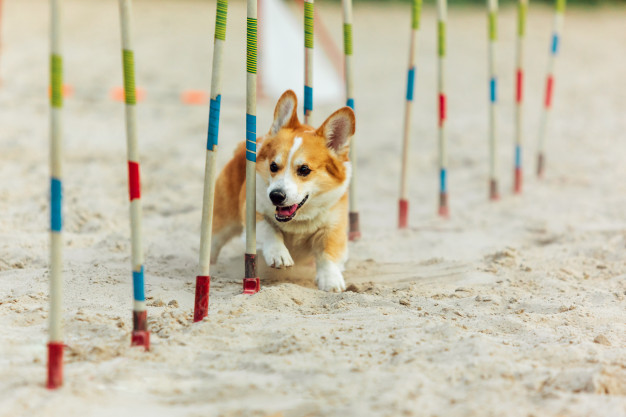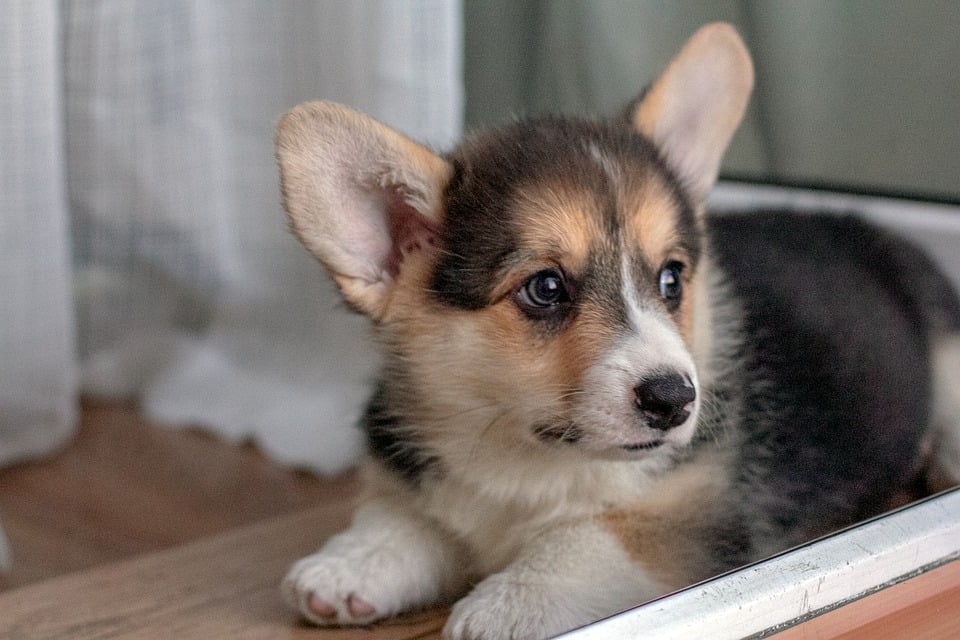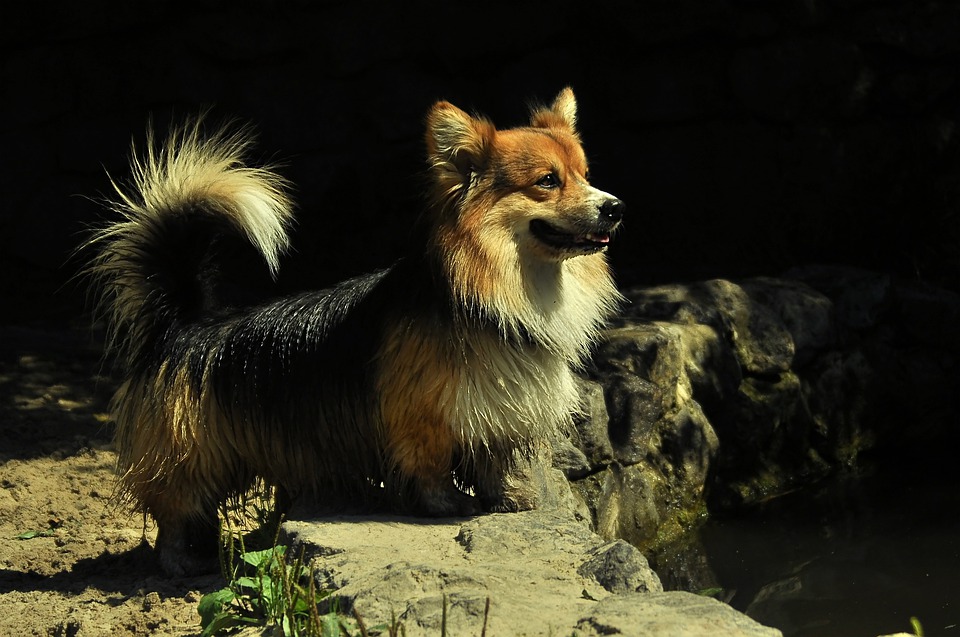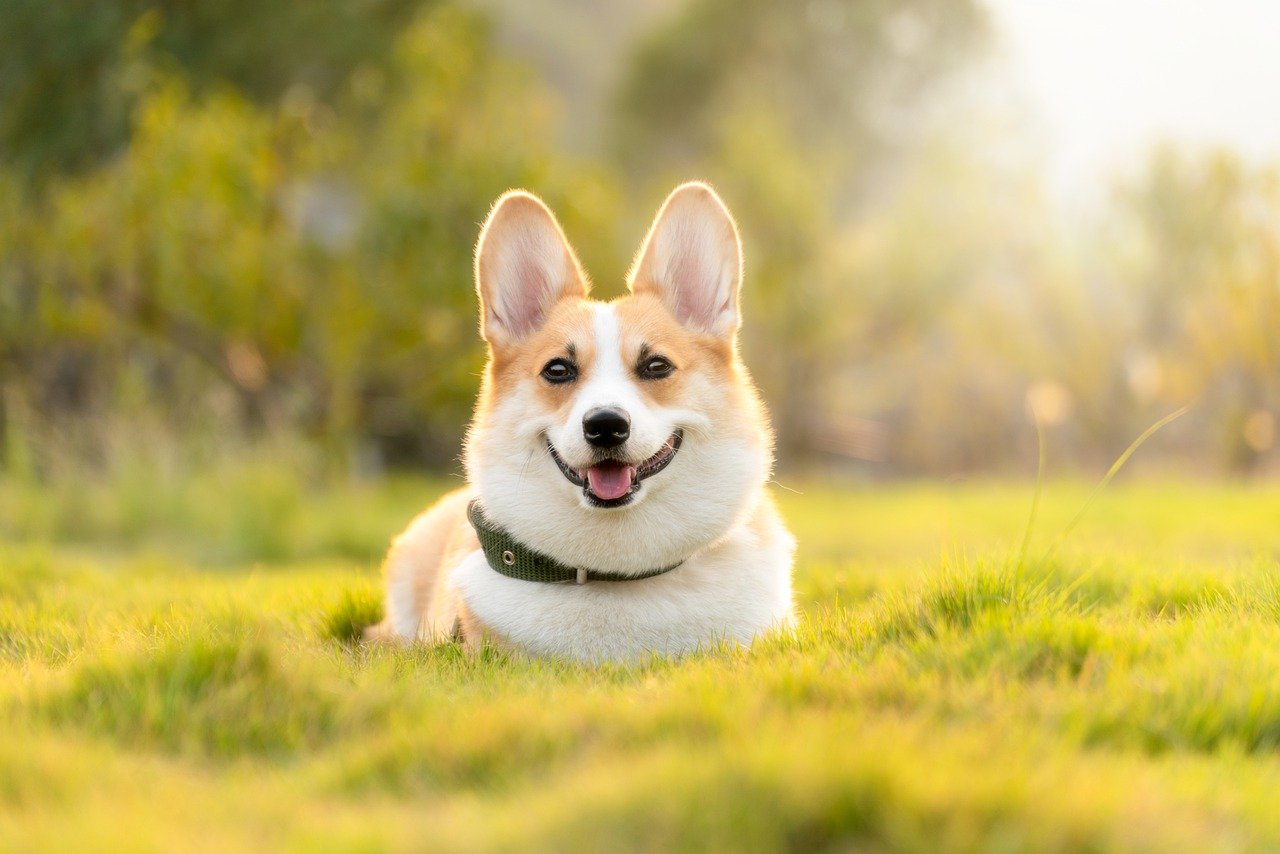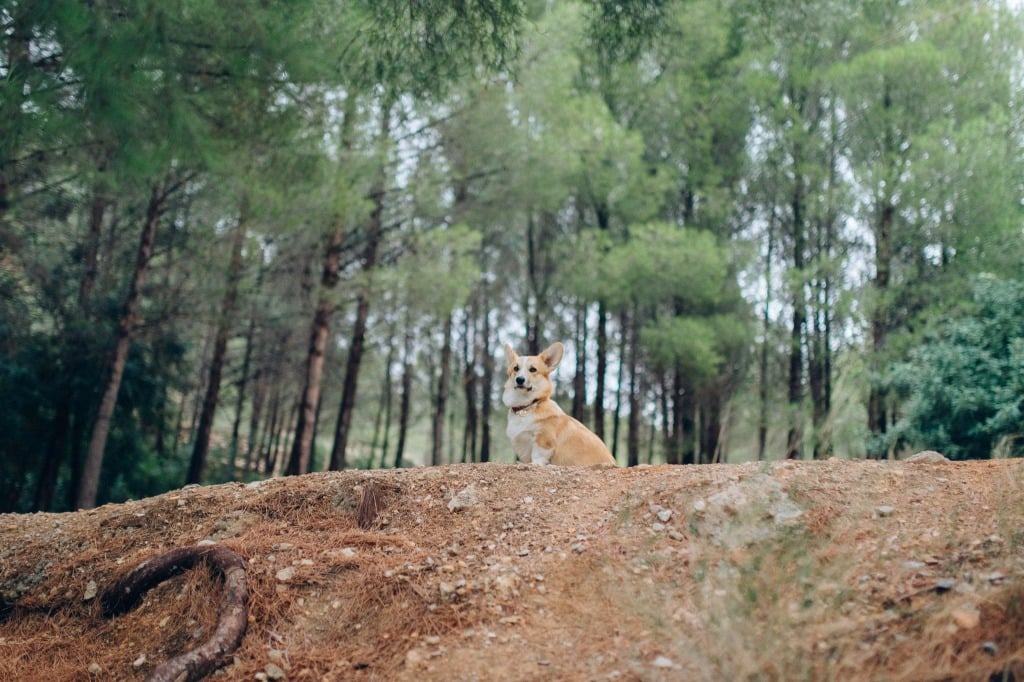Unleashing the Social Butterfly: An In-depth Look at Corgi Socialization
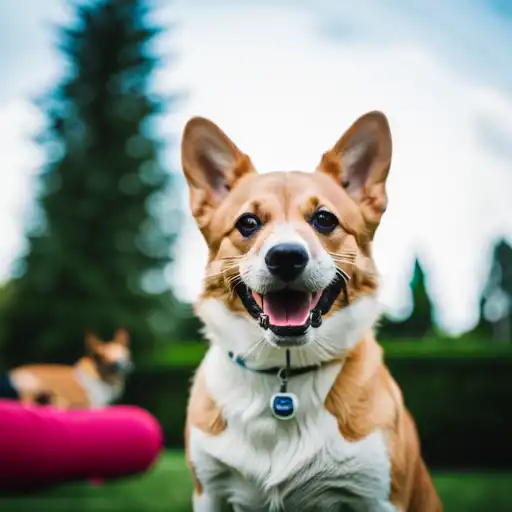
Are you ready to unleash your corgi's inner social butterfly?
Did you know that 82% of dog owners believe that socialization is crucial for their pup's well-being?
In this in-depth guide, we will dive into the world of corgi socialization, exploring the why, what, and how behind it all.
From setting a strong foundation during their early days to navigating playdates at the dog park, we'll cover it all.
Plus, we'll address common challenges and provide helpful tips to overcome them.
Not only will socializing your corgi lead to a happier and more well-behaved furry friend, but it also promotes their overall health.
So, get ready to embark on this exciting journey of unleashing your corgi's social potential!
The Importance of Corgi Socialization
To ensure your corgi becomes a well-adjusted and friendly companion, it's vital for you to actively expose them to various social situations and interactions. Corgi socialization plays a crucial role in reducing aggression and anxiety in your furry friend. By introducing your corgi to different people, animals, and environments, you can help them develop the necessary social skills to navigate the world with confidence.
Start socializing your corgi as early as possible. Puppies have a critical window of socialization between 3 and 14 weeks, during which they're most receptive to new experiences. Introduce them to friendly dogs, take them for walks in busy areas, and invite friends and family over to interact with them. Expose them to different sounds, sights, and smells, so they learn to adapt to new environments.
Early Socialization: Setting the Foundation
To set a solid foundation for your corgi's socialization, it's crucial to start exposing them to various social situations and interactions at a young age. Puppy socialization plays a vital role in shaping your corgi's behavior and ensuring they grow up to be well-adjusted and friendly companions.
The socialization timeline for puppies is particularly important, as this is when they're most receptive to new experiences. During this period, which generally occurs between 3 and 14 weeks of age, it's essential to expose your corgi to different people, animals, sounds, and environments.
Take them on walks, introduce them to other dogs, and let them meet new people. Remember, the goal is to create positive associations and build their confidence. By starting early, you're setting the stage for a socially confident and happy corgi.
Socializing With Other Dogs: Playdates and Dog Parks
Take your corgi to playdates and dog parks to provide them with opportunities to socialize with other dogs. It's important for your furry friend to interact with other canines in a safe and controlled environment. Here are some tips to ensure a positive experience:
- Dog park etiquette:
- Always keep an eye on your corgi and be ready to intervene if necessary.
- Clean up after your dog to maintain a clean and pleasant environment for everyone.
- Respect other dogs' space and ask for permission before allowing your corgi to approach them.
- Introducing corgis to new dogs:
- Start by introducing your corgi to one dog at a time.
- Allow them to sniff each other and observe their body language for signs of comfort or tension.
- If they seem relaxed, let them interact and play, but monitor their behavior closely.
Socializing With People: Training Classes and Meetups
Ready to take your corgi's social skills to the next level? Group training classes and meetups are the perfect opportunities to help your pup interact with people in a controlled and supportive environment.
Not only will your corgi benefit from the structured training sessions, but they'll also have the chance to meet and greet new people, building their confidence and socialization skills.
These interactive meetups are a great way to learn new techniques and strategies for socializing your corgi with people, ensuring they become the social butterfly you've always dreamed of.
Group Training Benefits
Joining group training classes and meetups is essential for socializing your corgi with people. Not only will your furry friend get to interact with other dogs, but they'll also have the opportunity to meet and engage with different individuals. Here are three benefits of socializing in a group setting:
- Diverse Experiences: Group training exposes your corgi to various people, ensuring they become comfortable with different ages, genders, and appearances. This helps them develop a well-rounded socialization experience.
- Training Techniques: In group classes, professional trainers use proven training techniques that are effective in teaching your corgi how to interact appropriately with strangers. These techniques include positive reinforcement and reward-based methods, ensuring your corgi learns in a safe and encouraging environment.
- Support Network: Group meetups provide an invaluable support network of fellow dog owners, where you can exchange experiences, tips, and advice. This network not only helps you navigate the challenges of training but also fosters a sense of community and friendship.
Interactive Meetups for Learning
To maximize your corgi's socialization with people, it's important to actively participate in interactive meetups for learning, such as training classes and meetups. These interactive workshops provide a safe and controlled environment for your corgi to interact with different people, helping them become more comfortable and confident in various social situations.
Training classes are a great way to expose your corgi to different people and teach them important skills at the same time. Not only will your corgi learn obedience commands, but they'll also learn how to interact appropriately with strangers. The group setting allows for controlled and supervised interactions, ensuring the safety of both your corgi and the people they're socializing with.
In addition to training classes, there are also online forums and meetups specifically designed for corgi owners to connect and share experiences. These platforms provide a wealth of information and a chance to meet other corgi enthusiasts. You can learn from their experiences and exchange tips on socializing your corgi with people.
Socialization Techniques for People
Maximize your corgi's socialization with people by actively participating in training classes and meetups. These opportunities provide a structured environment for your corgi to interact with different individuals and learn how to behave appropriately.
Here are three effective techniques to enhance your corgi's social skills with people:
- Training classes: Enroll your corgi in obedience or socialization classes specifically designed for dogs to interact with people. These classes focus on teaching your corgi proper behavior around humans and provide controlled situations for socialization.
- Meetups: Attend corgi meetups or dog-friendly events in your area where you can introduce your corgi to new people. These gatherings allow your corgi to interact with a variety of individuals in a relaxed and fun environment.
- Positive reinforcement: Reward your corgi with treats, praise, and affection whenever they interact positively with people. This positive association will encourage your corgi to seek out human interaction and reinforce their socialization skills.
By implementing these techniques, you can ensure that your corgi becomes a friendly and well-socialized companion.
Remember to always prioritize safety and gradually introduce your corgi to new people, including those with different pets like cats or rabbits, to ensure a positive socialization experience.
Socialization Challenges and How to Overcome Them
Overcoming socialization challenges requires actively engaging your Corgi in various social settings and exposing them to different experiences.
One common challenge is overcoming fear. Some Corgis may be naturally timid or have had negative experiences in the past that make them fearful of new people or situations. To help them overcome this fear, it's important to use positive reinforcement.
Start by introducing them to new environments and people gradually, using treats and praise to reward calm and confident behavior. Take it slow and let your Corgi set the pace for each interaction.
As they become more comfortable, gradually increase the level of difficulty. Remember, patience and consistency are key when helping your Corgi overcome their socialization challenges.
The Benefits of a Socialized Corgi: Health and Behavior
Socialization enhances a Corgi's overall well-being and behavior. When you socialize your Corgi, you're not just helping them develop better manners and social skills, but you're also promoting their mental stimulation and reducing their anxiety. Here are three key benefits of socializing your Corgi:
- Mental Stimulation: By exposing your Corgi to different environments, people, and animals, you're providing them with mental challenges that keep their minds active and engaged. This helps prevent boredom and promotes cognitive development.
- Reduced Anxiety: Socialization helps Corgis become more confident in various social situations, reducing their anxiety and fear. They learn to adapt to new experiences and become more comfortable around unfamiliar people and animals.
- Improved Behavior: A well-socialized Corgi is more likely to exhibit good behavior, such as proper leash manners and polite greetings. They learn how to communicate effectively and understand appropriate boundaries, making them easier to handle in different situations.
Tips for Unleashing Your Corgi's Inner Social Butterfly
To further enhance your Corgi's socialization journey, here are some practical tips to help bring out their inner social butterfly.
- If your Corgi is shy or hesitant around new people or dogs, start by introducing them to one new person or dog at a time in a controlled and safe environment.
- Gradually increase the number of interactions as your Corgi becomes more comfortable.
- It's important to remain patient and provide positive reinforcement when your Corgi shows progress.
When introducing your Corgi to new environments:
- Start with quiet and familiar places before gradually exposing them to busier and more crowded areas.
- Keep an eye out for any signs of discomfort or anxiety and adjust the exposure accordingly.

